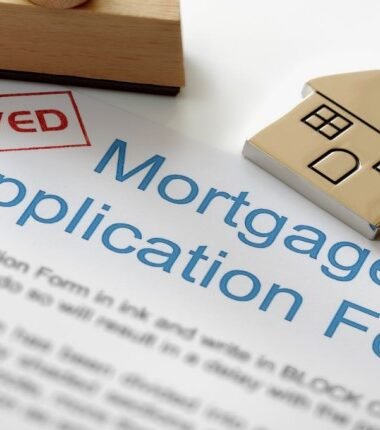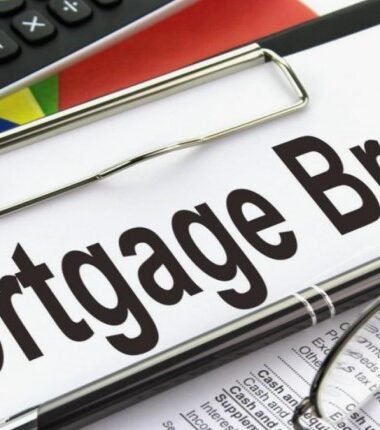Owning a home is a dream for many, but it comes with big responsibilities. One of the biggest is making monthly mortgage payments. But what happens if you get sick or injured and can’t work? That’s where mortgage disability insurance comes in.
This type of insurance helps cover your mortgage payments if you become disabled and lose your income. Let’s explore how it works, who needs it, and how it can protect your home.
What Is Mortgage Disability Insurance?
Mortgage disability insurance is a policy designed to pay your mortgage if you become disabled and can’t work. Unlike regular disability insurance, which covers a portion of your income, this type focuses specifically on your home loan.
If you’re unable to earn an income due to illness or injury, the insurance steps in to make your mortgage payments for a set period, usually up to two years. This ensures you don’t fall behind on payments and risk losing your home.
How Mortgage Disability Insurance Works?
When you buy this insurance, you choose a coverage amount that matches your monthly mortgage payment. If you become disabled and meet the policy’s definition of disability, the insurance company starts making payments directly to your lender.
Some policies also offer a lump sum payout if you become permanently disabled. It’s important to read the fine print, as policies vary in how they define disability and how long they’ll cover payments.
Who Needs Mortgage Disability Insurance?
This insurance is ideal for anyone who relies on their income to pay their mortgage. If you’re the sole breadwinner in your family, or if your savings wouldn’t cover months of mortgage payments, this coverage can be a lifesaver.
It’s also helpful for self-employed individuals or those without employer-provided disability benefits. Even if you have some savings, a long-term disability could drain them quickly. Mortgage disability insurance provides an extra layer of protection.
Pros and Cons of Mortgage Disability Insurance
The biggest advantage of this insurance is peace of mind. Knowing your mortgage will be paid if you can’t work reduces stress during a difficult time. It also protects your credit score and prevents foreclosure. However, there are some downsides.
Premiums can add to your monthly expenses, and not all disabilities qualify for coverage. For example, some policies won’t pay if your disability is temporary or if you can still work part-time.
How to Choose the Right Policy?
Start by calculating your monthly mortgage payment, including taxes and insurance. Then, compare policies from different providers. Look for one that covers your full payment and has a clear definition of disability.
Check how long the policy will make payments some cover only a few months, while others last up to two years. Also, consider the waiting period, which is the time between becoming disabled and when payments start. A shorter waiting period means faster help but may cost more.
Alternatives to Mortgage Disability Insurance
If the cost of this insurance feels too high, there are other options. Regular disability insurance covers a portion of your income, which you can use for mortgage payments. Emergency savings can also help, though it’s hard to save enough for a long-term disability. Some government programs, like Social Security Disability Insurance, provide benefits if you qualify, but these can take time to process.
Final Thoughts
Mortgage disability insurance is a smart way to protect your home and your family’s future. While it adds to your monthly expenses, the security it provides is invaluable. Compare policies, ask questions, and choose one that fits your needs. With the right coverage, you can focus on recovery without worrying about losing your home.
Frequently Asked Questions
What Is The Difference Between Mortgage Disability Insurance And Regular Disability Insurance?
Mortgage disability insurance specifically covers your mortgage payments, while regular disability insurance replaces a portion of your income for all expenses.
Does Mortgage Disability Insurance Cover All Types Of Disabilities?
No. Policies have specific definitions of disability. Some cover only total disabilities, while others include partial disabilities.
Can I Add Mortgage Disability Insurance To An Existing Policy?
Some insurers allow you to add it as a rider to your existing life or disability insurance. Check with your provider.
What Happens If I Recover From My Disability?
Once you’re able to work again, the insurance payments stop. You resume making your mortgage payments as usual.
Is Mortgage Disability Insurance Worth It For Renters?
No. This insurance is designed for homeowners with a mortgage. Renters might consider renters insurance or regular disability insurance instead.








